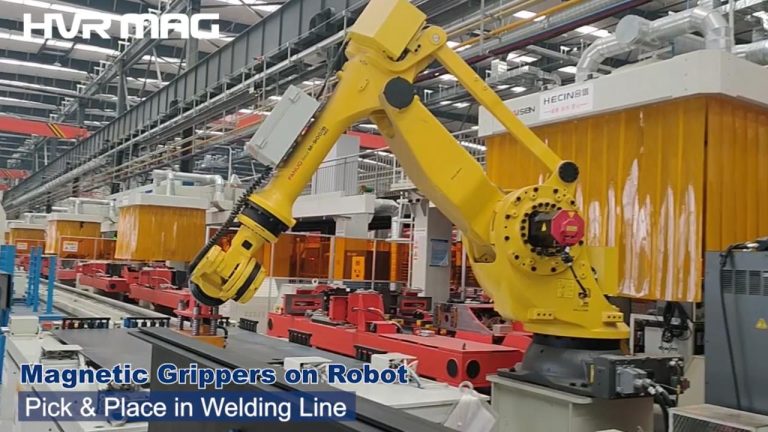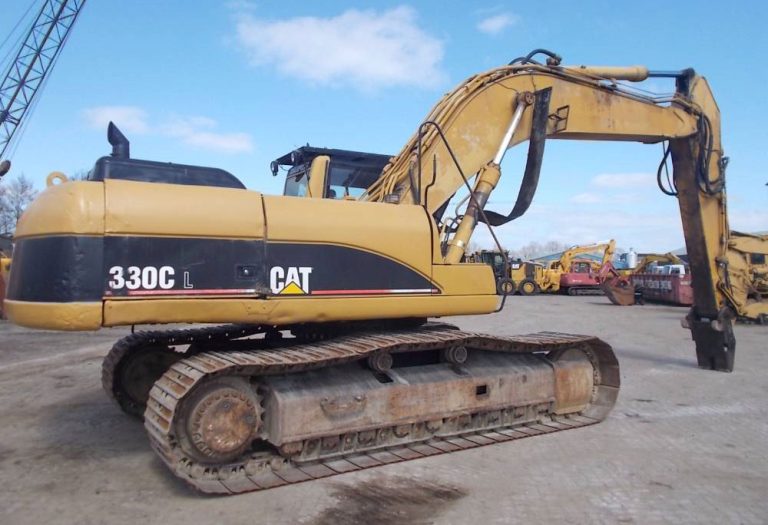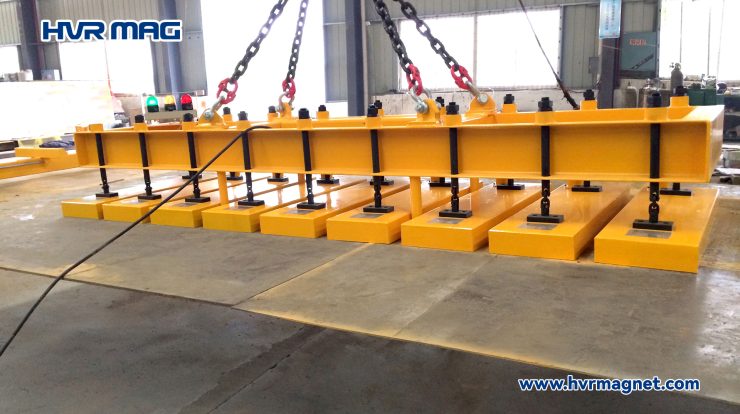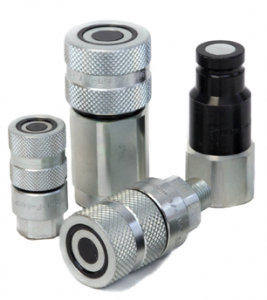Hydraulic Hammer Sizing & Carrier Matching
Keywords: skid steer jack hammer, hydraulic breaker hammer, digger hydraulic breaker
There are multiple different types of hydraulic hammers. Ranging from small to large class breakers, there are different types of hammers for different needs. Keep reading to discover where these types of hammers would be most beneficial.
Small Breakers
Jobs that require close attention, such as indoor demolition, fence post driving, inground pool demolition, light trenching, or breaking apart concrete for things such as patch jobs, are best done with a small hydraulic breaker. Smaller hydraulic breakers or hoe rams are often placed on skid steers, small mini excavators, or walk behind excavators, like the Toro Dingo or Ditch Witch. Because of the small size of the hydraulic hammers these carriers utilize, they have a shorter stroke and lighter strike piston, enabling them to cycle as quickly as 1,800 blows per minute. Impact power for these small hoe rams in between 200 and 1,000 ft-lbs. These hydraulic hammers held by smaller carriers allow for more precise placement of the tool on the material. If your site work involves small indoor or interior demolition, tight areas, landscaping, or inground pool demolition, definitely consider a small hydraulic breaker.
Medium Breakers
Medium hydraulic breakers typically range from 1,500 ft-lbs to 5,000 ft-lbs of impact power. They are carried on large mini excavators and backhoes of around 8 tons, right up to 20-25 ton crawler excavators. These hydraulic hammers typically breeze through most concrete demolition and are suitable for major trenching, underground utility, embedded ledge and rock, and breaking large boulders/ shot rock. The strike piston in these sized hoe rams have longer strokes and heavier pistons, so they cannot cycle as fast as small hydraulic hammers, but they bring a lot more power to the job. Most hydraulic breakers in this class can still be transported with their excavator on the smaller trailers typically utilized by excavation, construction, and demolition contractors. Suppose you are not doing long-term production rock work as a quarry or large-scale site work for long-term commercial or residential land development. In that case, medium-sized hydraulic hammers will typically fit the bill.
Large Breakers
If you are doing primary-breaking or breaking large oversized rocks in a quarry, mining, or pipeline installation, then having a large-scale, long-term development or underground utility may be needed. Typically having impact power of 6,000 ft-lbs up to 25,000 ft-lbs, everything on these extensive or severe duty hydraulic hammers is heavy-duty, including strike pistons and demolition tools that weigh hundreds of pounds with tool diameters ranging from six to ten inches. With these severe duty hydraulic breakers, everything is heavier with longer piston strokes, so the cycle rate, or blows per minute, is slower than small and medium hydraulic hoe rams. The carrier will have to be a full-sized crawler or excavator weighing at least 25 tons for these monsters, with the largest severe duty hydraulic breakers requiring carriers between 50 and 140 tons.
Contact Us Today
If you are interested in purchasing or renting a hydraulic hammer, contact one of our experts at Gorilla Hammers. Call us today at 888-814-6745 or email us at sales@gorillahammers.com. We look forward to assisting you!




